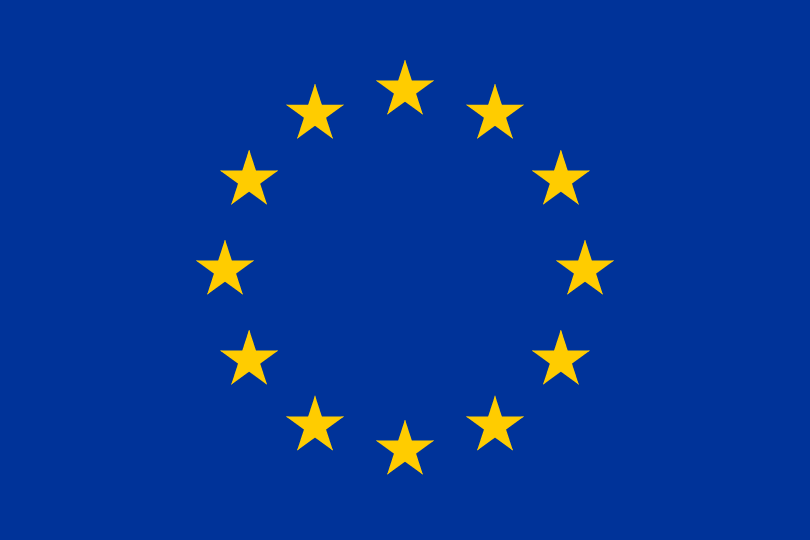Participant organization
Polícia Judiciária

Polícia Judiciária (PJ) is the Portuguese higher criminal police body, hierarchically organized under the aegis of the Ministry of Justice. PJ’s mission consists on assisting the judicial and prosecuting authorities with investigations, by developing and promoting preventive, detection and investigative actions. As a criminal investigation police force, PJ has reserved competence for the investigation of serious and organized crime in general. Over the past few years PJ has accumulated experience by participating in several R&D projects under programs funded at European level (FP7, H2020, HEU) and at national level (PT2020).
PJ's involvement in NARCOSIS stems from its role as a target user of the solutions developed within the scope of the project, whether in an early phase by expressing user needs and requirements and support the definition and selection of relevant use-cases and scenarios (T2.1, T2.2), as well as by providing feedback on the development of graphical user interfaces (T2.5). PJ also contributes to identify target analysis and substances of interest (T3.1) and adapt laboratory instruments to meet the project needs (T3.2).
A very significant contribution of PJ to NARCOSIS is delivering a comprehensive dataset of spectra in order to assist the training of AI algorithms (T3.3). The Forensic Drug and Toxicology Unit of PJ currently operates with IR sensors for sample analysis and narcotic identification. As the only authority in Portugal conducting forensic analyses related to drugs, precursors, anabolic steroids, and bulk samples, PJ handles all the requests from entities following seizures and DRDs. Consequently, since Portugal serves as an entry point for many narcotics, PJ detains an extensive number of samples many of which are new to the illicit market and therefore do not correspond to previously collected data.
PJ will lead T6.5 related to supporting and extending the liaison with Europol Innovation Lab, the external community of LEAs and other relevant EU projects, and will also host a field demonstration for NARCOSIS validation (T5.3).
This project has received funding from the European Union’s Horizon Europe research and innovation programme (Civil Security for Society) under grant agreement No 101168195.
For administrative and contractual information visit the European Commission's Cordis website.


